Fifteen Minutes of Fame
Katherine Crawford and Rebecca Ashe
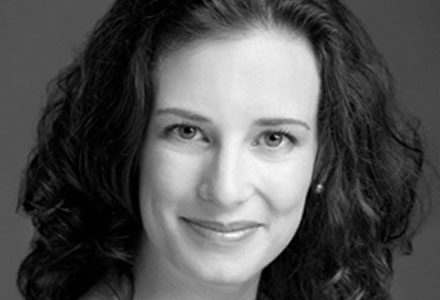
Katherine Crawford, a warm and versatile mezzo-soprano, holds a Master of Music degree in Vocal Performance from the Conservatory of Music and Dance at the University of Missouri – Kansas City, and a Bachelor of Music degree in Vocal Performance from St. Olaf College. She enjoys performing in the styles of opera, operetta, and musical theater, and is especially interested in contemporary and experimental works. Recently, Ms. Crawford has had the pleasure to perform with the Kansas City Metro Opera, Kansas City Civic Opera, and UMKC Conservatory Opera Theater, specializing in comic and light-lyric roles. She currently sings with the Grammy Award-winning Kansas City Chorale, the Kansas City Symphony Chorus, and is the lead vocalist in The Digital Honk Box Revival, an improvisational electroacoustic music group. As a dedicated church musician, she is a regular cantor and soloist for weddings, funerals, and religious services for multiple denominations. In addition to performing, Ms. Crawford enjoys helping others explore and realize their vocal potential, and has maintained a private teaching studio since 2003. Originally from Minneapolis, Minnesota, she is presently based in Kansas City, Missouri.
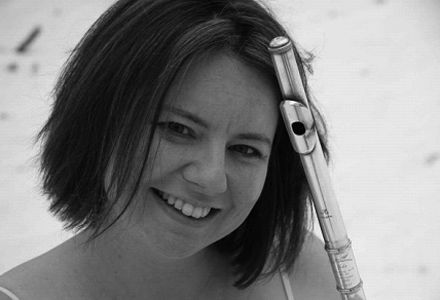
Flutist Rebecca Ashe is a freelance musician and appears across the country as a performer, lecturer, and masterclass clinician. A new music performer and collaborator, she has partnered with several composers and has performed at several festivals, including Electronic Music Midwest (Resident Artist for 2010 Festival), Society of Composers, Inc., Kansas City Electronic Music and Arts Alliance (KcEMA), the New York City-based Composers Voice Series, SPARK, SEAMUS, and the Electroacoustic Juke Joint. She can be heard on Plastic Time, an album of music by composer Jorge Sosa. Dr. Ashe has performed recitals throughout the United States, Canada, England, and Latvia. In 2003, Dr. Ashe and pianist, Inara Zandmane, gave a recital at the Academy of Music in Riga, Latvia. Ms. Ashe was the first American flutist to perform a recital at the Academy, which was broadcast over national Latvian radio. She also gave a master class at the E. Darzins Academy of Music, the most prestigious preparatory music school in Latvia. Along with her recent collaborations, Dr. Ashe has premiered several pieces, including the Kansas City premier of Chen Yi's The Golden Flute, for flute and orchestra, in 2003, and Hsueh-Yung Shen's ...And Then Things Changed, for flute and piano. Dr. Ashe is a founding member of Dark Matter, a collective of composers, performers and scientists. They are recent winners of the prestigious Rocket Grant, and their project Ascent, has won national acclaim. Please, visit the Dark Matter web site: www.darkmatterkc.com. Along with her active performing career, she has kept an active studio of flute students ranging from elementary school age through adult. She has been adjunct professor of flute and music theory at Park University, in Missouri, adjunct professor of flute at the University of Mary Hardin-Baylor, Southwestern University in Georgetown, Texas, and at the Universtiy of Missouri-Kansas City. Dr. Ashe earned her Bachelor degree in Applied Music (flute) at the Eastman School of Music, where her principal teacher was Bonita Boyd. She earned both Master of Musical Arts and Doctor of Musical Arts degrees from the University of Missouri -Kansas City, studying with Dr. Mary Posses. In 1998, she was the only American and one of four flutists worldwide to be chosen for Trevor Wye's prestigious one-year course in Kent, England. Other major teachers have included William Bennett and Karl Kraber. She currently lives in Greenville, South Carolina.
Concert Dates
- September 15, 2013 - Jan Hus Church, New York City
Fifteen Minutes of Fame for Katherine Crawford and Rebecca Ashe
-

When the moon weeps
Michele Abondano
Composer, Researcher and Teacher, Michele Abondano has studied with the Argentinean composers Marcelo Delgado, Marcos Franciosi, Gerardo Gandini and the Colombian Ana Romano. Her compositions have been played in Argentina and Colombia by Ensembles such as 4mil Quartet of Saxophones, Compañía Oblicua and Bogotá Improvisers Orchestra.
This piece is based in two beautiful lines spoken by the character Titania in William Shakespeare's A Midsummer Night's Dream. Voice and flute create a magic atmosphere with the spectrum of both instruments in which the moon spreads her tears.
-
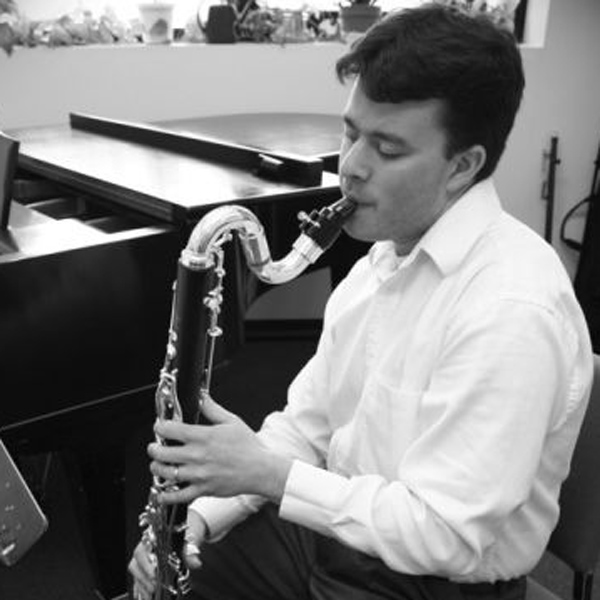
These are the Forge
Brad Baumgardner
Brad Baumgardner is a bass clarinetist and composer currently living in Kansas City. For more info, visit bradbaumgardner.com
In A Midsummer Night's Dream the character of Titania is often beset by Oberon, and must endure his deceit and ambivalence. In this work, the vocalist and flutist engage in a dialogue that expresses the duality of Titania's character. She suspects the beckonings of the flute to be less than genuine, but cannot help but be enticed by them.
-
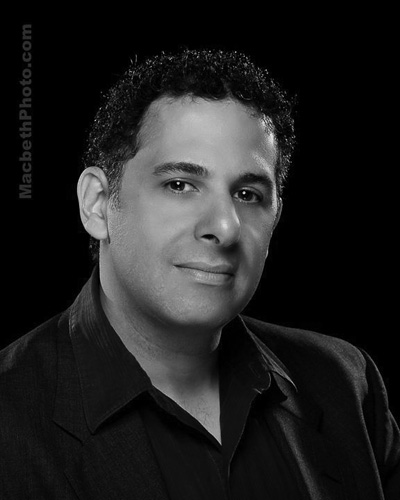
And in the Spicèd Ayer
Erik Branch
Erik Branch is a native of New York City, and received a BA and MA in Music (Composition) from Hunter College. He lives near Orlando, Florida, where he is active as a pianist, musical director, composer/arranger, opera chorister, and actor on stage and screen.
Two reasons guided my choice of this passage: 1) the language that so strongly evokes a perfumed, languid, summer night and 2) I also wished to avoid lines that Britten used in his opera. My setting seeks to mirror the sensuous, hushed atmosphere of Shakespeare's words.
-
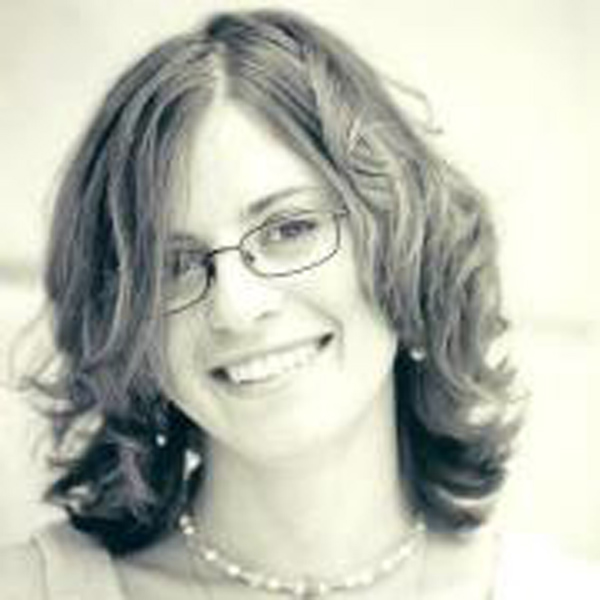
To a New Beloved
Sabrina Clarke
Sabrina Clarke is a doctoral student in composition at Temple University. She earned an M.M. in composition from Temple, and a B.A. in music theory and composition from McDaniel College. She is an alumna of the Hood College Music Preparatory and the EAMA summer composition program in Paris, France.
To a New Beloved conveys Titania's enchanted infatuation with Bottom, after his singing wakes her from slumber. Elements of whimsy such as trills, tongue pizzicato, and improvisation, are offset by more serious dramatic ideas such as parlando and melismas. The result is a lighthearted yet earnest declaration of love.
-
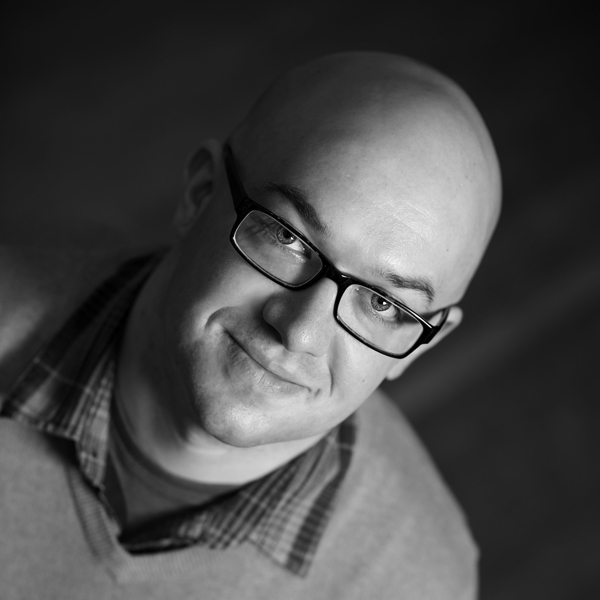
Awake, Titania
Anthony Donofrio
Anthony Donofrio currently teaches theory and composition at Kent State University. Many superb ensembles and soloists, such as the Locrian Chamber Players, the Wilson Duo, and saxophonist Jeffrey Heisler, have featured his music. More information and music can be found at www.donofrio-music.com or www.soundcloud.com/anthonydonofrio
Awake, Titania, sets the line spoken by Titania after being placed under Oberon and Puck’s love spell. The spell causes her to fall for Bottom, who has been turned into an ass. Musically, the mezzo-soprano’s simple, rising line is placed against the flute’s mimicry of the mischievous Puck. -
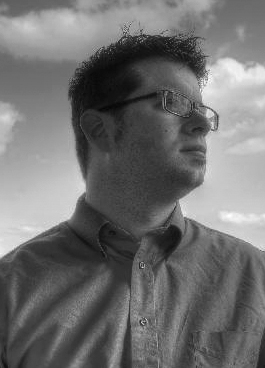
Titania's Defiance
Joseph Eidson
The music of Joseph Eidson (b.1981) contains rhythmic drive and a preference for lyrical melodies. He holds degrees from the University of Kansas and the University of Texas and is a member of the music faculty at the Sunderman Conservatory in Gettysburg, Pennsylvania. For more information please visit www.josepheidson.com
In A Midsummer Night’s Dream, Oberon orders Titania to surrender her changeling boy to him. Rather than acquiesce, her defiance begins a chain of events that influence all of the entwined storylines. The final lines of her refusal are set here, reflecting the mystical nature of the fairy realm. -
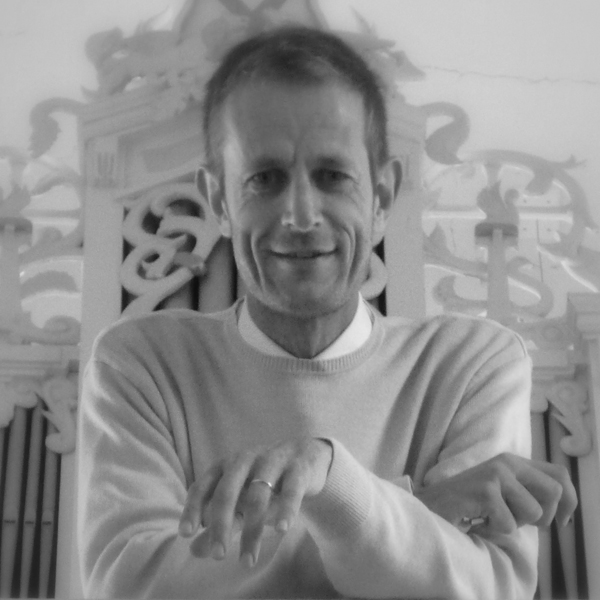
O, how I dote on thee!
Paul Gelsing
Only quite recently I started to take my composition activities to a more professional level. Until now this resulted in a number of commissionings, among which an African-style children's opera. I also won two prizes: in a Dutch national contest for choir a capella (2011), and the first prize of the 'Oberon Spring Composition Contest 2013', Richmond (VA). Very recently, my piece 'Première laine', for soprano and piano, was included in a '15-Minutes-of-Fame' concert to be held in Bucharest, Romania (May 22 of this year.)
I decided to concentrate on the scene in which Titania soothes her lover to sleep, trying to capture the sweetness and sincerity of her dedication as well as the irony of this unlikely love game.
-

Bring Him Silently
Fermino Gomes
Fermino Gomes (Patos, PB, Brasil) studied theory with Gazi Sa and João de Barro at Caipira University of Paraiba (UNICPB), Brazil. As well as an active composer, Fermino performs on the viola (Brazilian 10 string-folk guitar) regularly. Fermino currently lives in New York City.
Come, wait upon him; lead him to my bower. ¨The moon methinks looks with a watery eye; And when she weeps, weeps every little flower, Lamenting some enforced chastity Tie up my love's tongue bring him silently.
-

When She Weeps
Kevin Holland
Born in Lancashire, England, Kevin Holland is a qualified secondary Music teacher and active musician, arranging and composing for various ensembles. An early Music enthusiast he studied the harpsichord with Gary Cooper at the Royal Northern College of Music. He has recently had Five Recorder trios published by Orpheus Music.
The song is written in ABA form, with an introduction and coda. The first section is melodic, while section B is more rhythmical. The performer should treat this section quasi recitative; emphasising the rhythmic nature of the words over the flute’s scalic passages. The tonality is G minor.
-
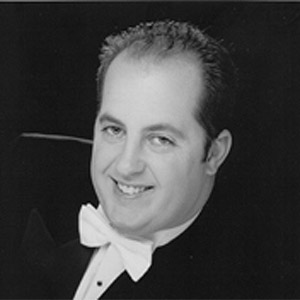
Sing me now Asleep
Jason Rinehart
Dr. Jason Rinehart is in his seventh year as the Director of Orchestras and Assistant Director of Bands. He has previously taught at the University of Missouri-Kansas City, Benedictine College, and St. Louis Community College. He holds degree from UMKC Conservatory of Music, Southern Methodist University and Texas Tech University.
Queen of the fairies, Titania, has taken a narrative position with the audience. She speaks to them not of her love with Nick Bottom, but of music. At the end of the day, she becomes weary, and wishes music to sing her asleep.
-
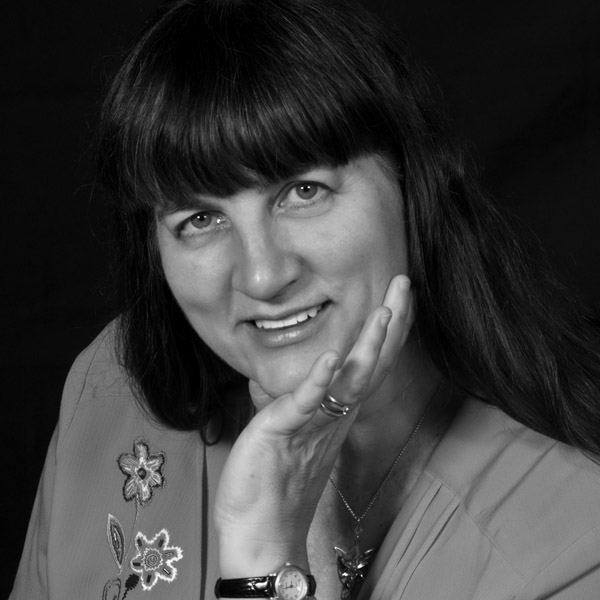
Sleep Thou
Jana Skarecky
Canadian composer Jana Skarecky has written music for solo voice, choir, a variety of instruments, and orchestra. Her music has been performed on four continents. Her opera “Emily, the Way You Are” about artist Emily Carr continues to be enthusiastically received by audiences. Jana is also a visual artist. (See www.JanaSkarecky.com.)
Titania weaves a dreamlike web as she sings her love to sleep in her forest bower… “Sleep thou, and I will wind thee in my arms. So doth the woodbine the sweet honeysuckle entwist; the female ivy enrings the barky fingers of the elm…”
-

Bottom's UP
José Jesus de Azevedo Souza
José Jesus de Azevedo Souza studied in England at the Purcell School with a scholarship from the Calouste Gulbenkian Foundation and later studied at the Trinity College of Music and University of Sheffield. Since then he has written a considerable amount of music, some of which has been performed.
In Shakespeare’s Midsummer Night’s Dream, the character Bottom is turned into an Ass, with whom Titania the Fairy Queen falls in love. Bottom’s Up! depicts the moment in which Titania sees Bottom, characterised by the flute, for the first time. A dissonant Bottom accompanies and contrasts with Titania’s consonant lines.
-
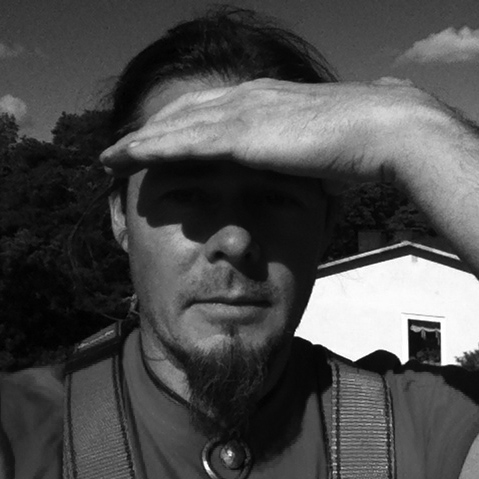
2013 invention for mezzo soprano and flute nr.3
Thommy Wahlström
Thommy Wahlström born 1968 in Katrineholm-Sweden. Musician in folkmusic and free improvised music. Educated in composition/EAM at Gotlands tonsättarskola and the Royal College of Music in Stockholm. Bands: iii, barkbröder, wahlström/allard duo, homepage: www.thommywahlstrom.se Active in several areas: chamber music, EAM, improvised music and swedish folkmusic. Main instrument is soprano saxophone and cowhorn.
the text from act II, scene 2. in another part of the woods titania and her fairies are holding their moonlight revels. they dance. Titanias words and the fairies dance. folkish elements, footstamp, and some phrases gives a hint of dance. perpective to the drama partly through the nature of the fairy; not good, not evil, moody. Two parts each and a third together. Flip between the parts wait for each other meet up at points you decide or by me suggested. beware of time if you flip to the flip parts. Only the first parts played is one minute. Put a timer on 60 seconds.
-
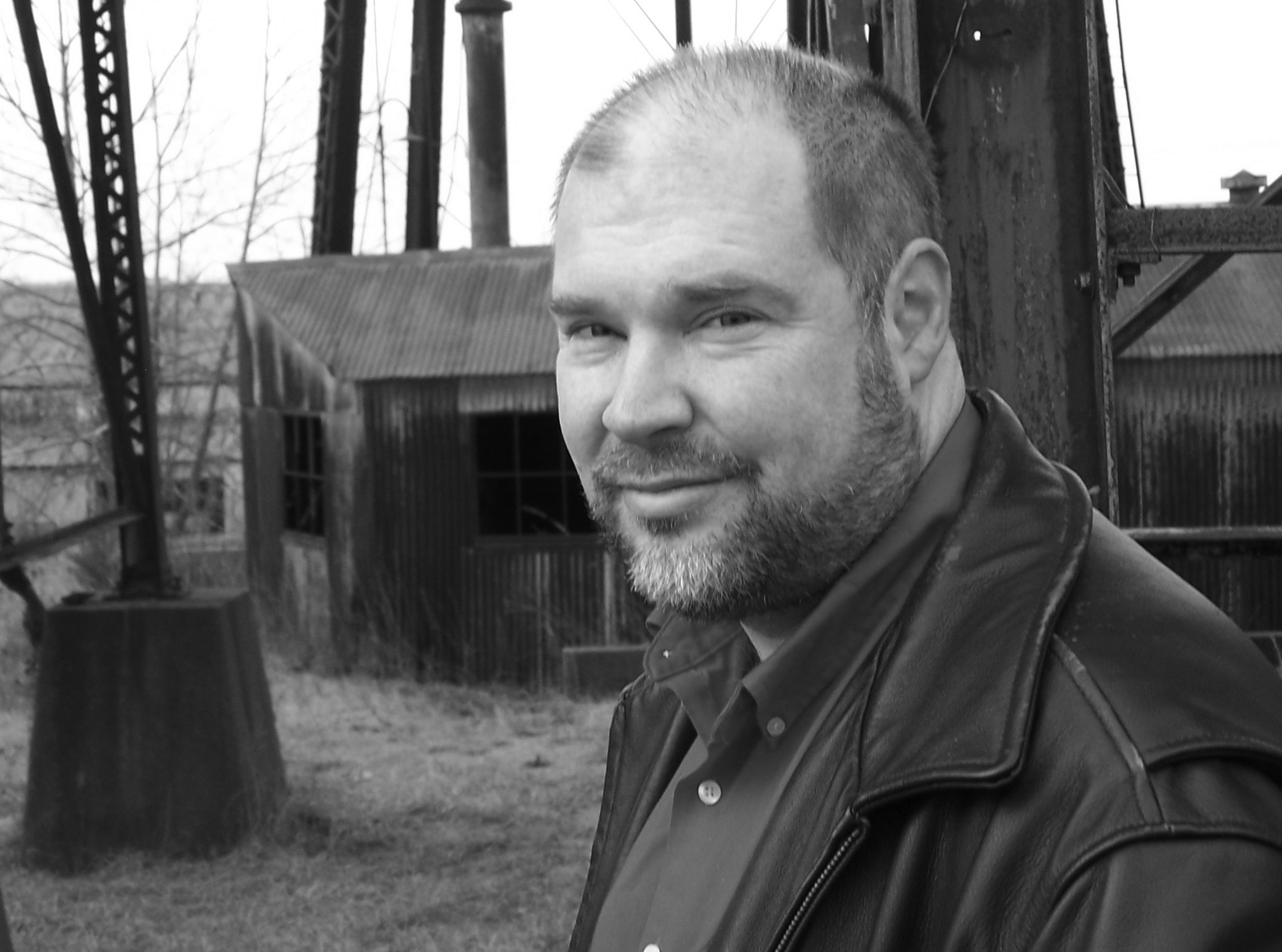
From Painted Butterflies
Andrew Walters
Andrew Walters was born in Topeka, Kansas but spent most of his beginning years in Farmington, Missouri. Walters has received degrees from Millikin University, Northern Illinois University, and a Doctor of Musical Arts degree in composition from the University of Illinois and his music has been performed at various conferences throughout the United States and Canada
The words for this song come from one of many passages in a Midsummer Night's Dream that seem particularly ripe for setting to music. I was especially attracted to the mention of moonbeams and butterflies.
-
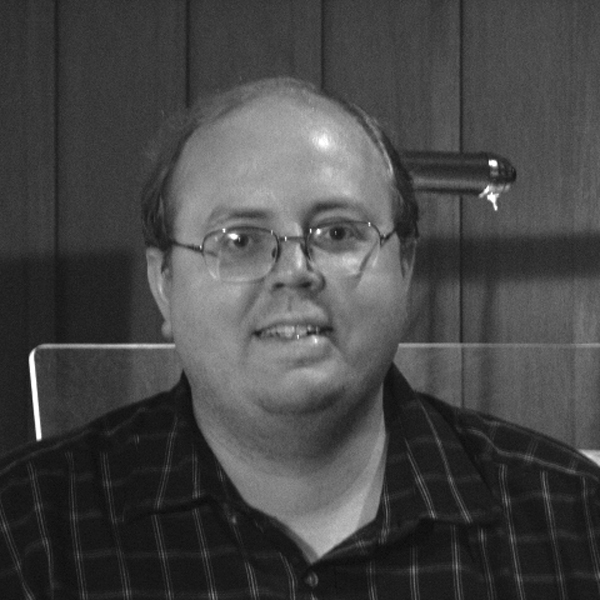
Titania Invites a Song
Christopher M. Wicks
Christopher M. Wicks holds a MM in Composition from the University of Montreal, where he studied under Isabelle Panneton. He is a Fellow of the American Guild of Organists, and is the organist at Christ the Good Shepherd Lutheran Church in Salem, Oregon.
My little song sets the final quatrain spoken by Titania in the play "A Midsummer Night's Dream," in which she is calling for a beginning to the singing, dancing and general revels which are to greet the multiple happy weddings. The musical language appropriate for a Rossini mezzo becomes slightly askew by the Queen's fairy dust.